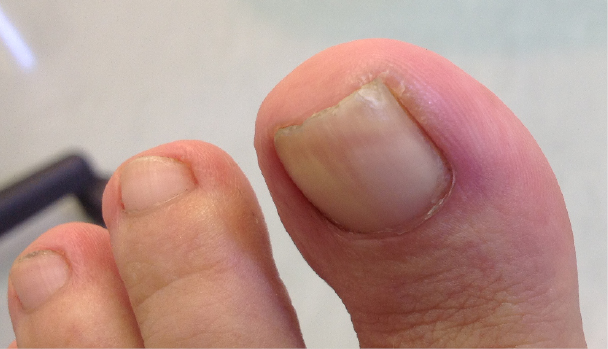The burning feet syndrome is characterized by a painful burning sensation in the feet. Burning feet affect about 3 to 5% of people at some point in their lives. The exact cause of this unpleasant condition is often unknown, but multiple factors are linked to it. There are several potential causes of burning feet syndrome, including:
- Nerve damage or dysfunction (neuropathy) – Neuropathies from diabetes, autoimmune diseases, nutritional deficiencies, infections, and nerve pressure/injuries all spark burning foot sensations.
- Poor circulation – Conditions like peripheral artery disease and varicose veins restrict blood flow to the feet, depriving nerves of oxygen and nutrients which leads to burning feet.
- Skin conditions – Disorders like athlete’s foot, fungal infections, sunburns, and dry skin make feet feel like they’re burning.
- Medication side effects – Certain prescription drugs, including chemotherapy agents, damage nerves or irritate the skin, causing burning foot pain.
Home remedies for burning feet
If lifestyle factors or underlying conditions are contributing to burning feet, addressing those root causes provides lasting relief. In the meantime, there are several home care techniques to find comfort from burning foot pain:
- Apply cold packs wrapped in cloth directly to burning areas for 10-15 minutes several times per day. You also soak your feet in cold (not icy) water.
- Massage feet with coconut, olive, or essential oils. Peppermint and eucalyptus oils are especially soothing.
- Soak feet in diluted apple cider vinegar baths. Add 2 cups ACV to a bucket of lukewarm water. Soak for 15-20 minutes daily. Acetic acid relieves nerve irritation.
- Take an Epsom salt foot soak for 10-15 minutes daily. Add 1⁄2 cup Epsom salt to a basin of warm water. The magnesium absorbs through the skin to ease muscle tension.
- Try applying a paste of baking soda and water directly to painful areas. Let it dry before rinsing. Repeat 2-3 times per day.
- Rest feet and avoid standing or walking for prolonged periods to limit pressure-related irritation.
When to see a doctor?
If at-home care strategies don’t provide relief within 1-2 weeks, it’s time to make an appointment. Burning foot pain should never be ignored. A podiatrist, neurologist, or primary physician gets to the root of what’s causing the problem and provides appropriate treatment. Make sure to see a doctor right away if burning is accompanied by:
- Color changes in feet (red, purple, pale)
- Leg or foot weakness
- Balance problems
- Significant swelling in legs or feet
- Sores/ulcers on feet
- Loss of foot sensation
These require urgent medical care to prevent complications like foot deformities and amputation. People with diabetes should be especially vigilant about seeing a podiatrist promptly for burning feet, as it signals diabetic neuropathy. For more information you need, click here top of foot burning.
Medical treatments for burning feet
Depending on exam findings and test results, doctors recommend:
Medications
Drugs like pain relievers, nerve medications (ex. gabapentin), antidepressants, and creams containing capsaicin, lidocaine, and corticosteroids, are prescribed to manage discomfort. Treatment of any underlying conditions contributing to burning feet, like diabetes or autoimmune disorders, is key.
Surgery
Those with compressed or damaged nerves need surgery to relieve pressure. Procedures like bunion removal allow nerve recovery. Angioplasty or stents open blocked blood vessels. Nerve release surgery is another option for some cases of chronic nerve compression in feet.
Lifestyle modifications
Improving circulation, supporting nerve health with proper nutrients, and avoiding sources of foot irritation provide lasting relief alongside other treatments. Doctors advise daily exercise, stretching, massages, foot soaks, orthotic inserts, supportive shoes, and dietary/habit changes tailored to each patient’s needs.
Alternative therapies
Options like acupuncture, supplements (magnesium, alpha-lipoic acid, vitamin B12), and mindfulness techniques complement conventional treatment. Consult your doctor before starting alternative regimens.





